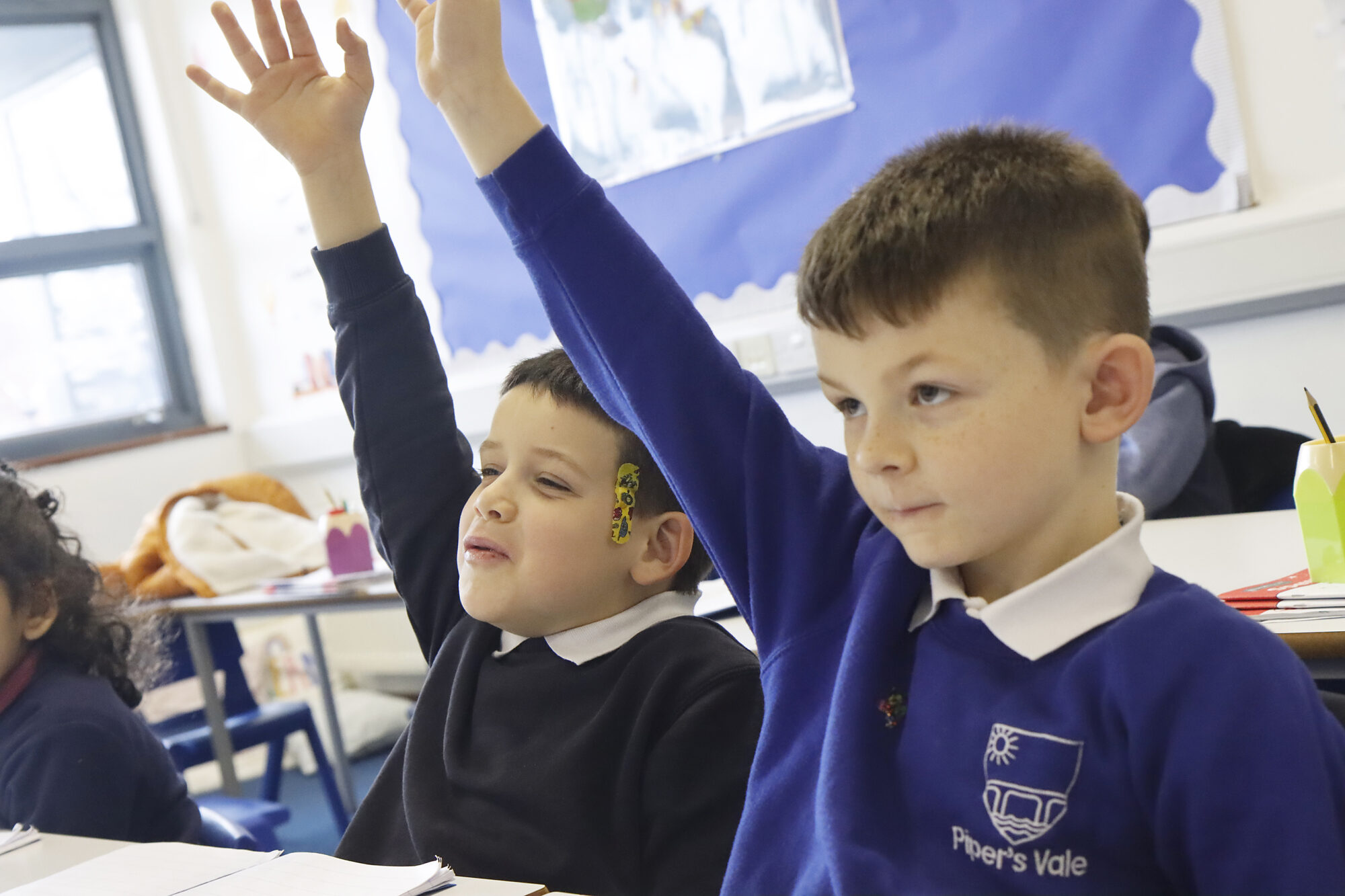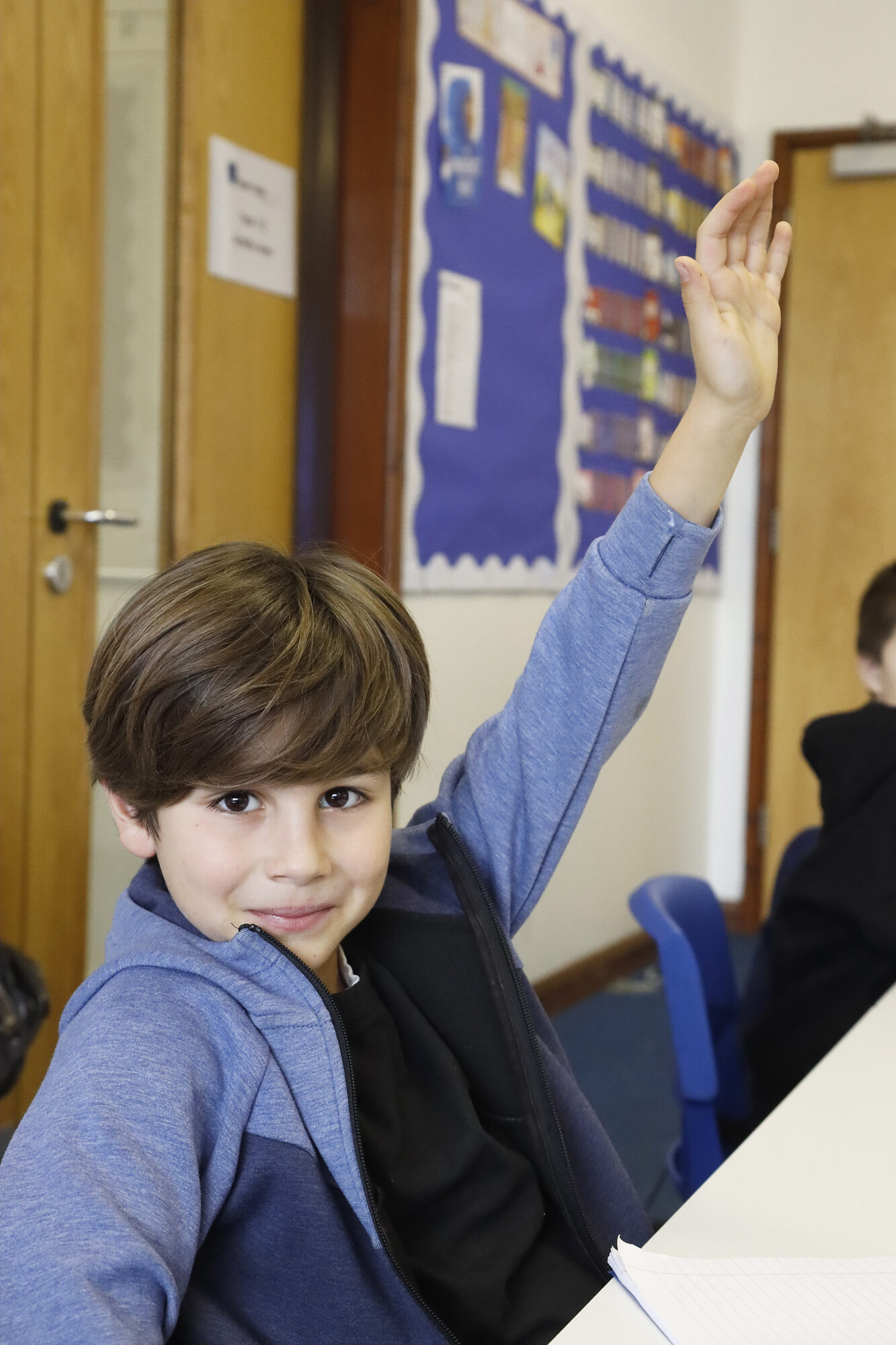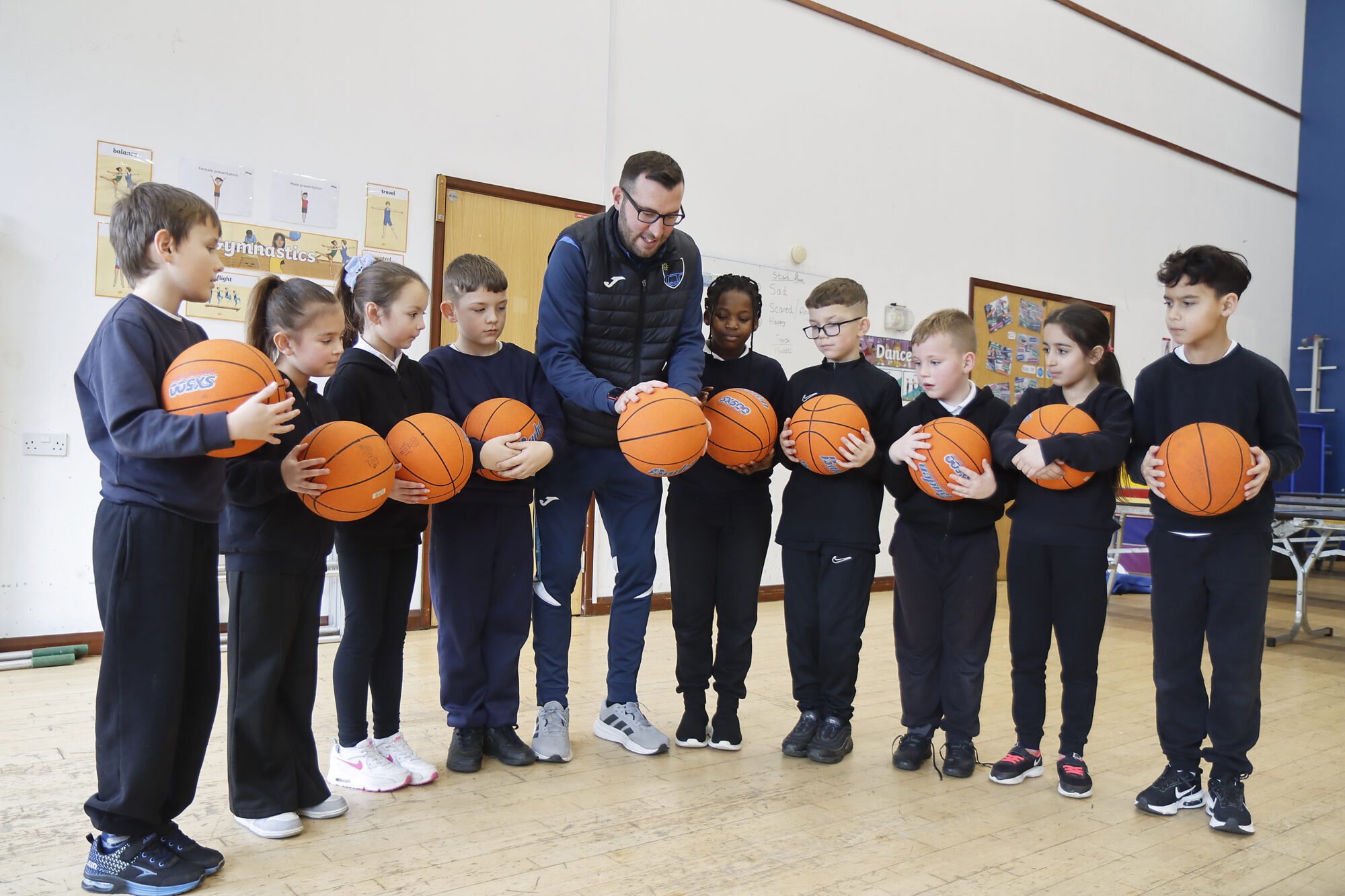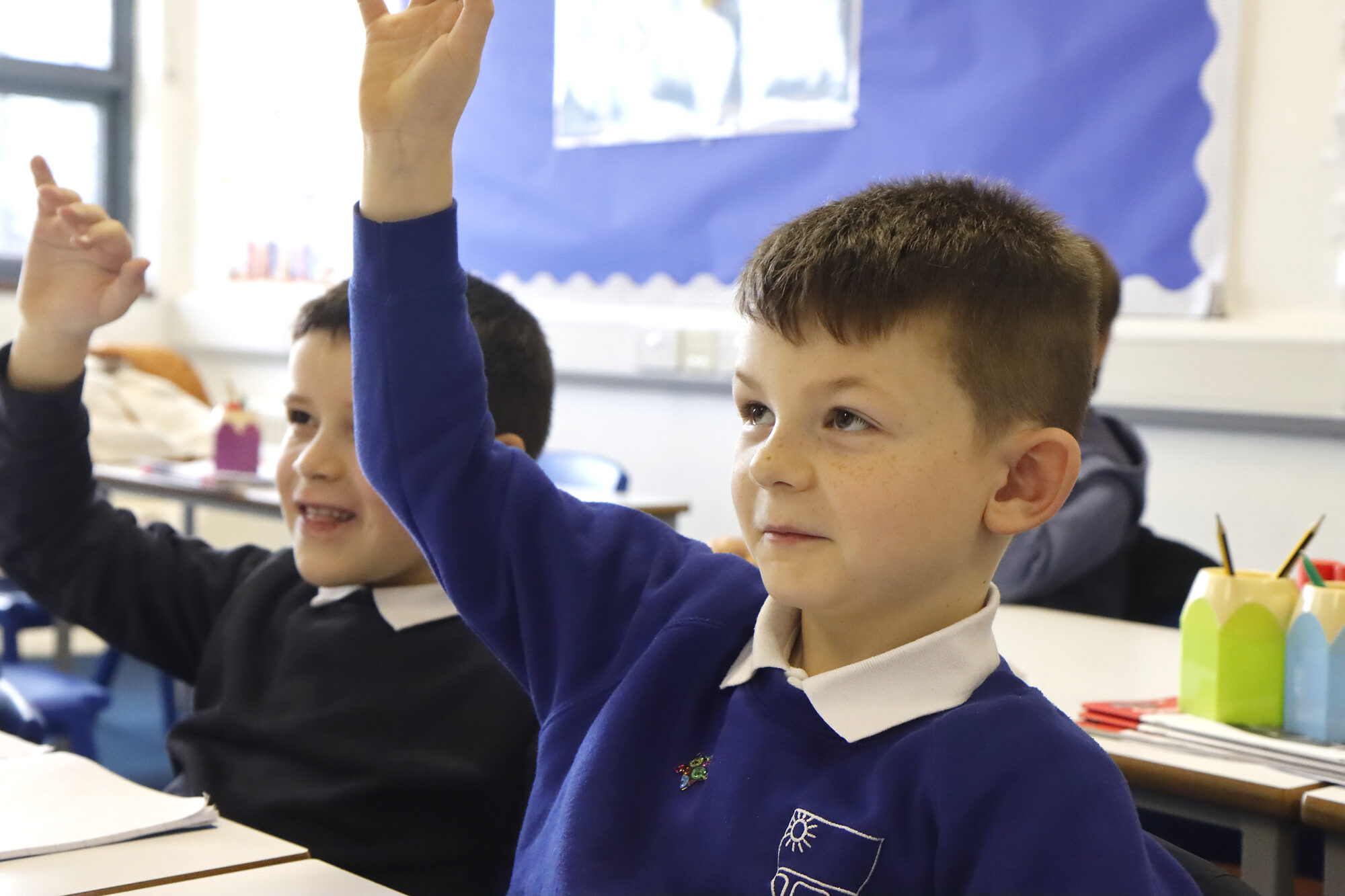Upcoming events for Year 2
Here’s what you’ve got to look forward to over the coming weeks.
Pupils should bring in their PE Kit every Wednesday
Menu to follow
Curriculum
At KS1 and KS2 we follow a two year sequence:
2025/2026 and 2027/2028
Autumn 1 – 3D: Clay
Autumn 2 – Food Technology
Spring 1 – Printing
Spring 2 – Mechanica | Systems (axles and wheels)
Summer 1 – Portraits, including photography/digital
Summer 2 – Structures
2026/2027 and 2028/2029
Autumn 1 – Painting
Autumn 2 – Mechanical Systems (Sliders and Levers)
Spring 1 – Collage
Spring 2 – Food Technology
Summer 1 – Portraits, including photography/digital
Summer 2 – Textiles – weaving
Each year through KS1-2 we cycle through the following units at increasing depth:
- Productivity
- Programming
- Computational Thinking
- Creativity
- Networks
- Communication/collaboration
The Year 9 curriculum is both the culmination of Key Stage 3 studies and introduces many concepts and skills that form part of the GCSE syllabus.
Topics taught this year include:
- More advanced graph work
- Algebra work, including simultaneous equations, algebraic products and factorising quadratics
- Number work, including trial and improvement, recurring decimals, percentages work with appreciation/depreciation and rounding (upper and lower bounds)
- Trigonometry
- Congruency and similarity for triangles
- Transformations, particularly enlargements.
Learning to Read
Children in the early years who are learning to read (decode) follow the Read Write Inc, synthetic phonics program.
This enables them to work to decode a book appropriate for their phonic knowledge, to begin to develop reading stamina and fluency. At this point, children take part in our Oral Shared Reading program, so they can work on their comprehension skills using a shared text, read by an expert teacher.
The following topics are repeated on a 2 year cycle in KS1, LKS2 and UKS2:
Unit 1: Dynamic Earth
Weather and climate across the world
Changes to our climate and the role of humans in this
Extreme weather events
Tectonic Hazards: earthquakes, volcanic eruptions
Unit 2: UK Geography
What is the UK and where do I live?
Using mapping skills to explore features in the UK
River and coastal landscapes in the UK
Urban environments in the UK
Unit 3: Environment, Climate and Us
The climate crisis and what we can do about it
Understanding life in tropical rainforests and the threats to them and what we can do.
Understanding life in desert environments and the threats to them and what we can do.
Understanding cold environments and the threats to them and what we can do.
Unit 4: Jobs and Wealth
Types of jobs, industry and places of work
Global trade and supply chains – where does my food come from?
What is life like in the world’s poorest countries?
What is life like in the world’s richest countries?
We cover two topics a year for History in Key Stage 1 and Key Stage 2. In Year 2 we look at Food and Trade, then Punishment and Medicine.
Our school uses Maths Mastery to teach the subject.
In Year 2 we cover:
- Numbers within 100
- Addition and subtraction of two digit numbers
- Addition and subtraction on word problems
- Measures: length
- Graphs
- Multiplication and division 2,5 and 10
Autumn 1 – Film Music
Autumn 2 – African Music
Spring 1 – Folk Music
Spring 2 – Bhangra
Summer 1 – Samba
Summer 2 – Reflect, Rewind and Replay
- Gymnastics
- Dance
- Attack/defend/shoot
- Hit/catch/run
- Send/return
- Run/jump/throw
We follow a three-year cycle (see below) covering the major world religions as well as worldviews.
The programme is designed so that each previously taught religion is reviewed and comparisons are drawn between the content. Over six years, each child will have studied each identified religion/non-religion twice, studying in greater depth and making connections between religions.
Pupils are taught key substantive knowledge for each religion and worldview and each lesson is broken down into one of 3 disciplines: Theology, philosophy and Human/Social Science.
The Paradigm primary schools follow the Jigsaw programme.
From September 2019 we have allocated 45 minutes per week to PSHE at KS1 and KS2.
- Being Me in My World
- Celebrating Difference
- Dreams and Goals
- Healthy Me
- Relationships
- Changing Me
Autumn 1 – Plants and Seasons
Autumn 2 – Materials and Forces
Spring 1 – Animals including Humans
Spring 2 – Plants
Summer 1 – Materials
Summer 2 – Living things and their habitats
The INSET Day for this term is:
- Monday 5th January
Pupils should not attend school on this day.
The first day back after the Christmas holidays for pupils is Tuesday 6th January 2026.
The first day back after the February half term for pupils is Monday 23rd February 2026.
INSET Days for this term are:
- Monday 13th April
- Monday 20th July
Students should not attend school on these days.




